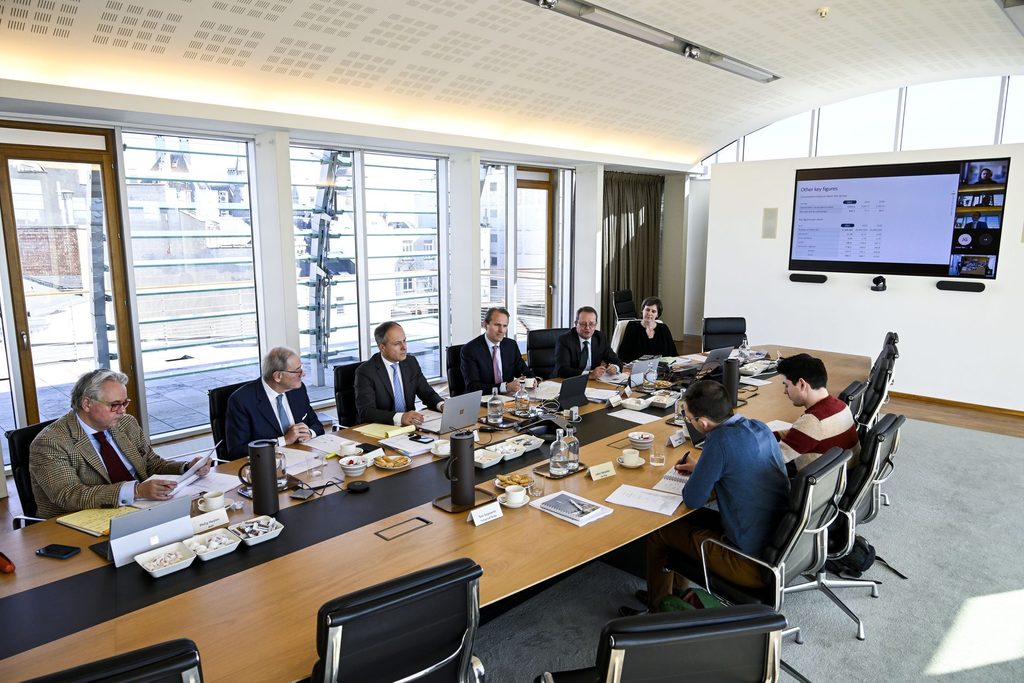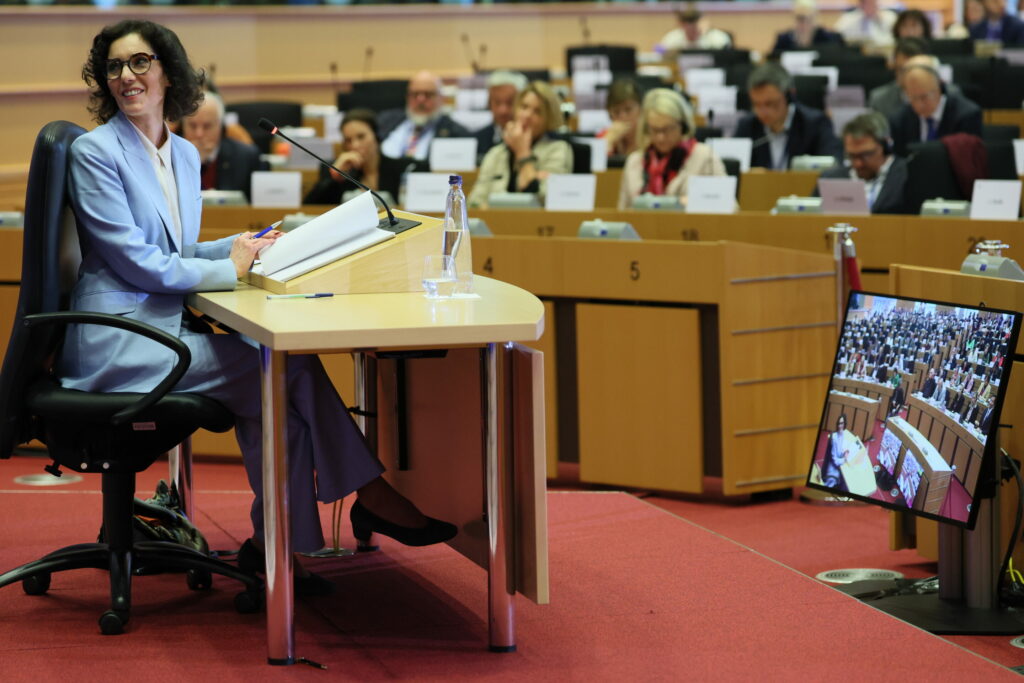While gender equality in Belgium is progressing in almost all areas of society as far as positions of responsibility are concerned, the country is still far from achieving parity.
This is according to the latest 'Women at the top' report from the Institute for the Equality of Women and Men (IEFH).
Gender equality in key positions in various fields has made significant progress: 46% of the members of the highest decision-making bodies of trade unions are women (compared to 25% in 2012), as are a third of trade union presidents. At the head of the largest NGOs analysed, four in 10 are led by women.
"The sectors that have made gender equality a priority and for which concrete initiatives have been taken have made significant progress," said Liesbet Stevens, deputy director of the Institute.
Quotas
In addition to trade unions, this is also the case in politics and on the boards of directors of listed companies – where gender quotas have been and are being introduced.
"The introduction of quotas should be considered in sectors where almost no women can be found in key positions and which do not take measures to remedy this."
Stevens stressed that quotas are never an end goal in themselves, but they have proven to be effective and efficient, as quotas in politics and on boards have shown. "However, a 30% quota does not automatically lead to parity. We should therefore also dare to think about quotas of 40% for sectors that remain stuck at 30% women in top positions."
Overall, women account for 39.9% of the members of management boards, compared to 21% in the previous edition of the report (2012).
The academic world is also among the best performers, especially in the French-speaking Community (Federation Wallonie-Bruxelles, FWB). Belgium only has three female university chancellors – all three in the FWB.

A board meeting of Ackermans & Van Haaren. The company performed particularly badly in the ranking. Credit: Belga/ Tom Goyvaerts
In other sectors, the percentages of women on boards vary widely, but are rarely good. In the national body representing general practitioners in Belgium, for example, just one in 16 members of the national council is a woman.
While the proportion of women in the army has also increased (from 7.7% 12 years ago to 11.5% now), the fact that it is still largely dominated "by men is even more apparent at the top of the hierarchy," the report said.
In a speech at the European Parliament on Thursday, Belgium's Hadja Lahbib (MR) stressed that her goal as European Commissioner for Equality is to make women more visible across every area of society.
"But I want women to be more than just visible. I want them to lead, to inspire, and to thrive. This is good for women. This is good for men. And this is good for our EU," she told MEPs.

